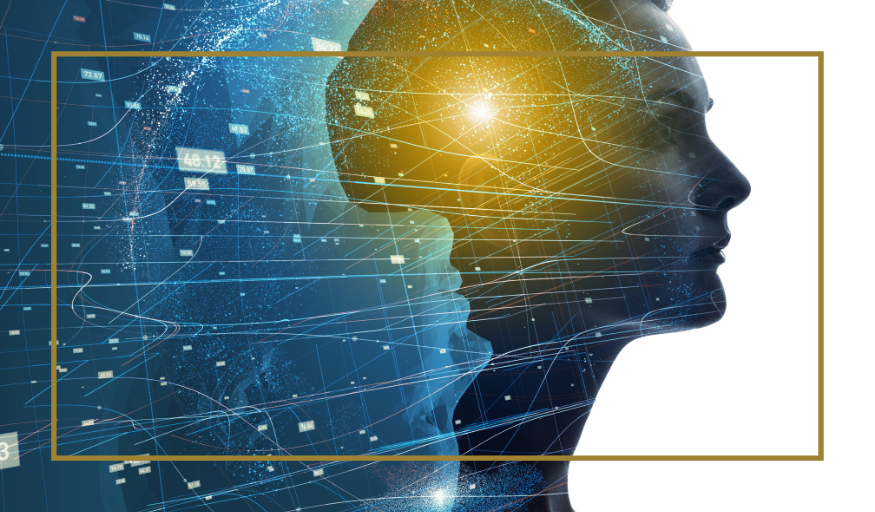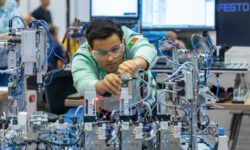Executive Summary
We, education executives, education experts, the private sector, and regional, international and civil society organizations, gathered here in Bern, Switzerland, and online around the globe, from 4 to 6th November 2020 for the Future Talk hybrid-conference. Three conference days were dedicated to three different topics: STEAM 4 Education, Green Education, and Artificial Intelligence. Men and women of all ages representing all regions, came together to share their ideas, experience, expertise and thereby help shape the future of education in those areas.
We express our wholehearted support for all Sustainable Development Goals (SDGs), but for SDG 4 – “Ensure inclusive and equitable quality education and promote lifelong learning opportunities for all”.

We think Innovation, STEAM, Green, Industry 4.0, Jobs, Inclusion, and Prosperity
Innovation – Skills, knowledge, and technology need to evolve together, hand-in-hand with both human and social interaction. The creative use of skills and knowledge supports the development, building, and maintenance of sustainable smart societies.
STEAM – The fields of science, technology, engineering, and mathematics are lagging as an essential component in teaching young adults for the 21st century. By adding the interdisciplinary, holistic, and abstract approach of the arts, STEM turned into STEAM.
Green – Climate change, environmental degradation, and scarcity of resources are changing the nature of work and life. Technological progress along with sustainability issues requires the need to explore and develop Education for Sustainable Development that not only focuses on sustainable production and frugal living, but also helps to overcome environmental challenges in a systematic way. Especially TVET (Technical Vocational Education and Training) and related transformations of TVET and lifelong learning can play a fundamental and crucial role in this context.
Industry 4.0 – The 4th Industrial Revolution is changing the world around us. Digital innovations, the internet of things, and big data are driving globalization beyond borders and impact the global economy, the environment, labor markets, and societies. Intellectual intensive jobs will be impacted just as much as shop floor activities and modern manufacturing. Education and skills development from primary education to higher education, TVET and adult education, as well as partnerships at all levels, and within all sectors, are in high demand all around the globe.
Jobs, Inclusion and Prosperity – Education should be adaptable and applicable to the relevant industry and business sectors. Experience from industry and the labour market at large is essential to strike a balance between practical skills and academic education. Seeking opportunities and practical experience builds confidence and self-awareness in students. Encouraging on-the-job training will ensure that real-world skills are acquired. United Nations state that various vulnerable groups women and girls play a crucial role on the achievement of sustainable goals.
We believe in a future with Digital Learning
Digital Learning – This current experience has shown that digital learning should be considered an essential part or pillar of the educational system. It can help our education systems to be resilient in times of personal, local, national, or global crises. But it also provides us a real opportunity to make our education systems better and more suited to the future. It is a required pillar for life-long learning which needs to be delivered flexibly to conform with the learner’s pace and place of learning. These tools and systems have a great potential to transform education to provide learning where and when it is needed so that it is delivered when the learner needs it, we call the “Just in Time learning”.


